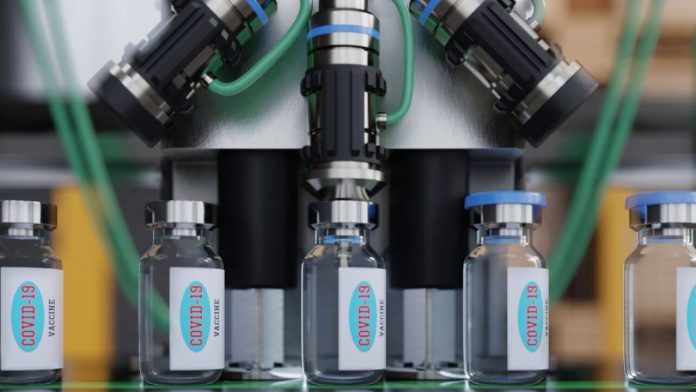Material handling plays a pivotal role in pharmaceutical manufacturing, encompassing the movement, storage, and control of raw materials, intermediates, and finished products throughout the production process. Efficient material handling systems are crucial for ensuring product quality, regulatory compliance, and operational efficiency in medicine manufacturing. This article explores the importance of material handling in pharmaceutical processes and the technologies used to optimize these operations.
Importance of Efficient Material Handling
Efficient material handling is essential in medicine manufacturing to facilitate seamless workflow, minimize contamination risks, and meet stringent regulatory standards. Pharmaceutical materials, including active pharmaceutical ingredients (APIs), excipients, and packaging components, must be transported and stored under controlled conditions to maintain product integrity and ensure patient safety. Proper material handling practices also contribute to reducing waste, enhancing production yields, and improving overall operational efficiency.
Key Aspects of Material Handling Systems
- Automation and Robotics: Automation technologies such as robotic systems and automated guided vehicles (AGVs) streamline material movement within pharmaceutical facilities. These systems can handle tasks such as palletizing, sorting, and transporting materials between production areas, warehouses, and packaging lines. Robotics ensure precision, reliability, and adherence to Good Manufacturing Practices (GMP) in pharmaceutical operations.
- Conveyor Systems: Conveyor systems are integral to transporting materials between different stages of medicine manufacturing processes. They facilitate continuous and controlled movement of raw materials, intermediates, and finished products, minimizing manual handling and contamination risks. Conveyor belts designed for pharmaceutical applications incorporate hygienic materials and features to meet cleanliness and regulatory requirements.
- Storage and Warehousing: Efficient storage and warehousing systems ensure proper inventory management and timely availability of materials in medicine manufacturing. Automated storage systems, such as high-bay warehouses and vertical lift modules (VLMs), optimize space utilization and inventory tracking. Temperature-controlled storage areas and humidity-controlled environments maintain material stability and compliance with storage requirements.
- Material Tracking and Traceability: Implementing robust tracking and traceability systems is essential for monitoring material movements and ensuring product quality in pharmaceutical manufacturing. Barcode and RFID (Radio Frequency Identification) technologies enable real-time visibility of materials throughout the supply chain, facilitating batch tracking, recalls, and compliance with regulatory requirements.
- Safety and Compliance: Material handling systems in pharmaceutical manufacturing prioritize safety measures to protect personnel, prevent cross-contamination, and maintain product purity. Equipment and facilities are designed with ergonomic features, containment solutions, and cleanroom standards to meet stringent regulatory guidelines such as FDA regulations and international pharmacopeial standards.
Technological Advancements and Future Trends
Advancements in medicine manufacturing are driving innovation in material handling technologies. Integration of IoT (Internet of Things) and data analytics enables predictive maintenance of handling equipment, optimizing operational efficiency and reducing downtime. Emerging technologies such as machine learning and artificial intelligence (AI) offer opportunities for autonomous decision-making and process optimization in material handling operations.
Conclusion
Effective material handling is critical for ensuring efficiency, safety, and compliance in medicine manufacturing. By implementing advanced technologies and best practices in material handling systems, pharmaceutical companies can streamline operations, minimize risks, and enhance product quality throughout the production lifecycle. Continuous innovation and adaptation to industry trends will play a pivotal role in shaping the future of material handling in pharmaceutical manufacturing, supporting sustainable growth and meeting evolving market demands.
















